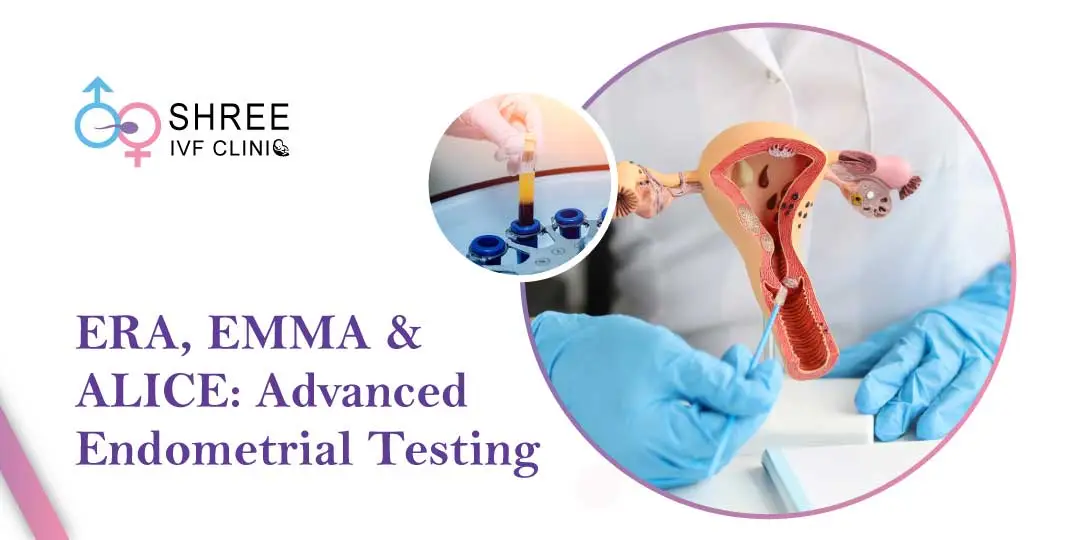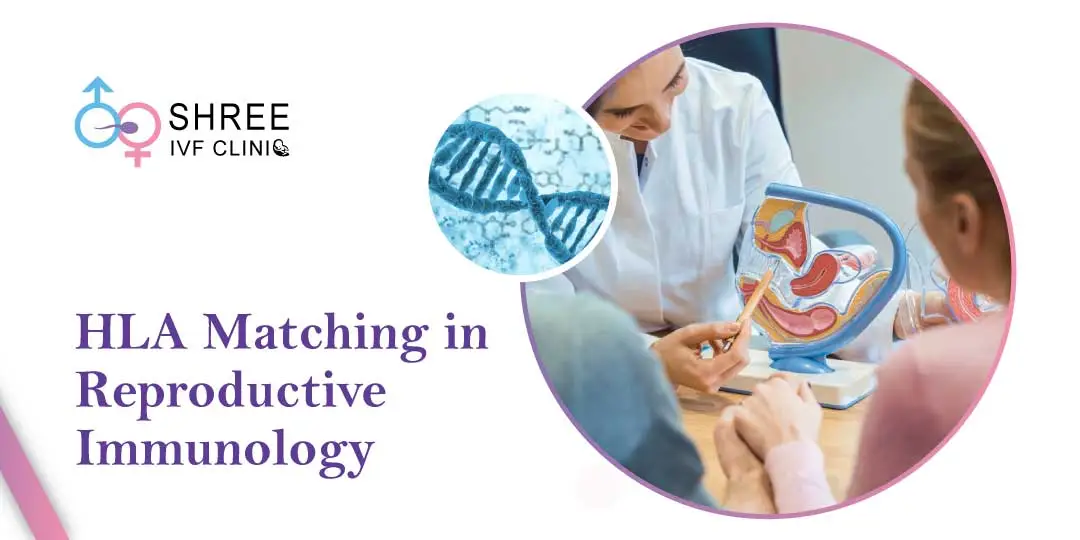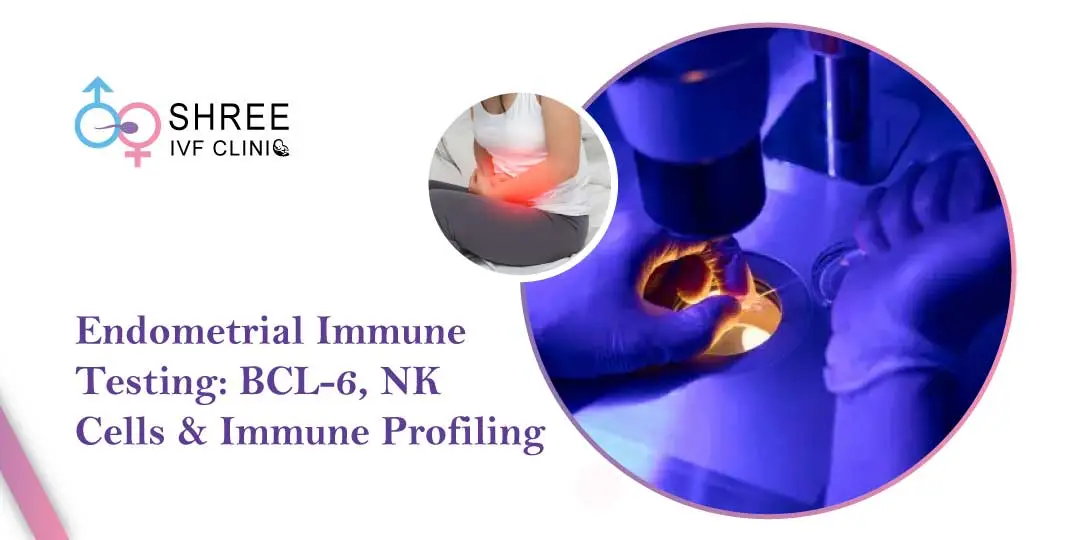Is Laparoscopic Hysterectomy a Major Surgery?
UPDATED ON 18 NOV. 2021
Today, advanced medical technology has reduced the pain and recovery time associated with hysterectomy surgery. Presently, hysterectomies involve any one of the following surgical techniques.
- Traditional hysterectomies: These are open surgeries where a doctor makes an abdominal incision of six to twelve inches.
- Vaginal hysterectomy: The uterus is removed via the vagina in this procedure. However, the surgeon is still unable to see all of the nearby organs, such as the bladder, while using this method compared to an open hysterectomy.
- Hysterectomy aided by a robotic system: With a high-tech robotic system, surgeons can see and control incisions with greater precision.
- Laparoscopic-assisted vaginal hysterectomy: During this procedure, the laparoscope is used to perform a part of the surgery (internal abdomen) while the rest of the surgery is done transvaginally.
- Laparoscopic Hysterectomy: Laparoscope is used throughout the whole surgery, and the operative specimen is withdrawn via the vagina.
AUTHOR
Dr Jay Mehta
Scientific Director & IVF Specialist with 10+ years of experience
TREATMENT
CONDITION
GET IN TOUCH ON
Side effects of Laparoscopic Hysterectomy
Following a hysterectomy, it is typical for patients to experience discomfort, bleeding, vaginal secretions, and constipation, among other symptoms. To alleviate these adverse effects, medications and sanitary pads might be prescribed. In addition, the kind of hysterectomy that a person has will determine what additional short-term adverse effects they may experience.
What Is the Recovery Time for a Laparoscopic Hysterectomy?
The time it takes to recuperate after a laparoscopic hysterectomy is highly dependent on the patient’s overall health. Because of this, most women only need to stay in the hospital for 1 or 2 days following the procedure before returning to work or home. On the first day following the procedure, they can walk. If they’re on narcotic pain medicines, most individuals can operate by the 3rd or 4th day following surgery.
Recuperation may take anywhere from four to six weeks, with the first two weeks being the most challenging. For two weeks, patients may need to take pain killers as needed.
Most patients can return to their normal routines after two weeks of recuperation. Individuals may be able to conduct office work and mild walking, for example. Exercises such as jogging, sit-ups, and other sports should be avoided unless specifically recommended by your doctor. After 12 weeks, most people are ready to engage in sexual activity again. Tapping, douching, or inserting anything into the vagina is not permitted for 8-12 weeks.
Laparoscopic Hysterectomy Recovery Tips
Whether for uterine fibroids, unpleasant periods, endometriosis, or cancer, hysterectomy is serious surgery. Hysterectomy healing might take weeks or even months based on your general health and your physician’s surgical method. And here is what to anticipate following a hysterectomy, from discomfort to conflicting emotions.
Participate in some physical activity and enjoy some sunlight
Moderate exercise is essential during hysterectomy recovery. Take walks when you’re ready. Moving and keeping your heart pumping improves pelvic muscles, reduces gas discomfort and diarrhea, and makes you feel more confident to heal.
Outwit your Agony
A hysterectomy may cause substantial lower abdominal discomfort for weeks. Your physician will recommend pain medicine. Take it exactly as directed. Waiting till you’re in intense pain to consume your prescription might prolong its calming effects.
Get plenty of rest, and then some more rest
A hysterectomy is a big procedure that may take a lot out of you. The anesthetic will make you exceedingly sleepy in the days following surgery. You’ll be exhausted for weeks, if not months, while your body repairs and adapts. The more sleep you receive, the faster your body recovers.
Start taking care of it
The hospital staff will instruct you on cleaning and maintaining your incision to speed up healing. If bacteria get into your incision, the physician may have to uncover it and cleanse it, or you might have to take antibiotics to prevent the disease from spreading.
Buy some comfy, loose attire
Getting back to normal after pelvic surgery will require some additional work. Make sure you have enough loose-fitting trousers and outfits to assist you to feel and look good. Stylish loose-fitting clothes keep pressure off your tummy and incision, allowing you to relax, sleep, and regain some self-confidence.
Eat a balanced diet that includes both healthy and tasty options
Those who have had a hysterectomy may seek comfort foods in the aftermath of the procedure. In moderation, you may indulge in a little amount of chocolate. You may benefit from a variety of foods, including vegetables, fruits, healthy grains, and protein sources like chicken, beans, and fish. Maintaining a healthy diet may help you avoid weight gain, eliminate constipation, and maintain your mood consistent and cheerful.

5,140+
Google Reviews
397K+
subscribers
” Every individual and couple’s journey is unique, and
finding the right solutions tailored to their specific
circumstances can make all the difference “
Conclusion
However, when compared to an abdominal hysterectomy, a laparoscopic hysterectomy is typically a safe treatment that results in a smaller hospital stay, fewer problems, and a speedier recovery time overall. In most cases, patients can return to their regular activities quicker.
AUTHOR
Dr Jay Mehta
Scientific Director & IVF Specialist with 10+ years of experience
TREATMENT
CALL US 24/7 FOR ANY HELP
GET IN TOUCH ON
Share Article on
Recommended Reading
Advanced Endometrial Testing Explained: ERA, EMMA & ALICE
What are ERA, EMMA & ALICE tests? They are advanced tests that check if your uterus is ready for embryo implantation and can help improve IVF success
How to Interpret HLA Matching in Reproductive Immunology?
HLA typing is often used in reproductive immunology to help couples facing recurrent miscarriages, IVF failure, or unexplained pregnancy loss find answers & personalized care
Endometrial Immune Testing: BCL-6, NK Cells & Immune Profiling
Explore endometrial immune testing options like BCL-6, NK cells & profiling—what they mean, when to test, and how they guide fertility treatment




